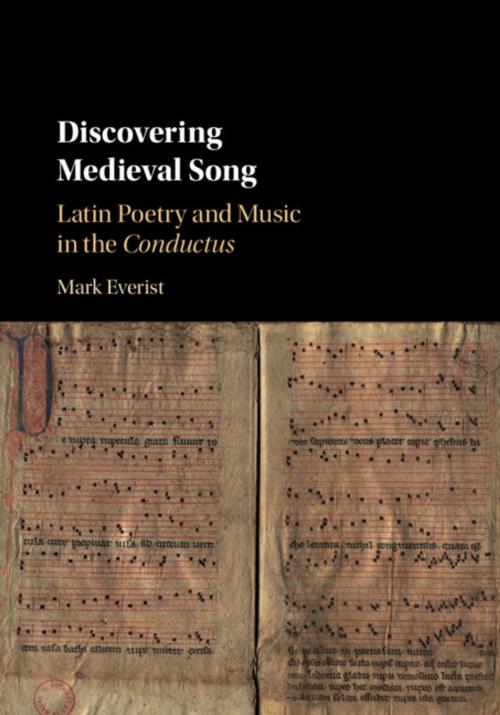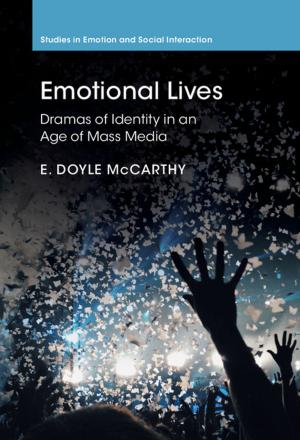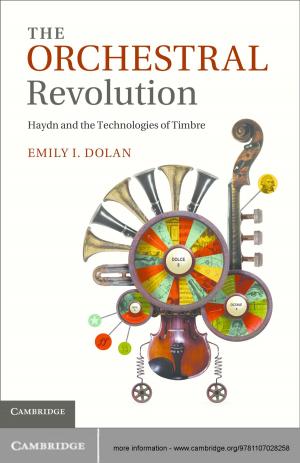Discovering Medieval Song
Latin Poetry and Music in the Conductus
Nonfiction, Entertainment, Music, Fiction & Literature, Literary Theory & Criticism, History| Author: | Mark Everist | ISBN: | 9781108693486 |
| Publisher: | Cambridge University Press | Publication: | May 31, 2018 |
| Imprint: | Cambridge University Press | Language: | English |
| Author: | Mark Everist |
| ISBN: | 9781108693486 |
| Publisher: | Cambridge University Press |
| Publication: | May 31, 2018 |
| Imprint: | Cambridge University Press |
| Language: | English |
The Conductus repertory is the body of monophonic and polyphonic non-liturgical Latin song that dominated European culture from the middle of the twelfth century to the beginning of the fourteenth. In this book, Mark Everist demonstrates how the poetry and music interact, explores how musical structures are created, and discusses the geographical and temporal reach of the genre, including its significance for performance today. The volume studies what medieval society thought of the Conductus, its function in medieval society - whether paraliturgical or in other contexts - and how it fitted into patristic and secular Latin cultures. The Conductus emerges as a genre of great poetic and musical sophistication that brought the skills of poets and musicians into alignment. This book provides an all-encompassing view of an important but unexplored repertory of medieval music, engaging with both poetry and music even-handedly to present new and up-to-date perspectives on the genre.
The Conductus repertory is the body of monophonic and polyphonic non-liturgical Latin song that dominated European culture from the middle of the twelfth century to the beginning of the fourteenth. In this book, Mark Everist demonstrates how the poetry and music interact, explores how musical structures are created, and discusses the geographical and temporal reach of the genre, including its significance for performance today. The volume studies what medieval society thought of the Conductus, its function in medieval society - whether paraliturgical or in other contexts - and how it fitted into patristic and secular Latin cultures. The Conductus emerges as a genre of great poetic and musical sophistication that brought the skills of poets and musicians into alignment. This book provides an all-encompassing view of an important but unexplored repertory of medieval music, engaging with both poetry and music even-handedly to present new and up-to-date perspectives on the genre.















